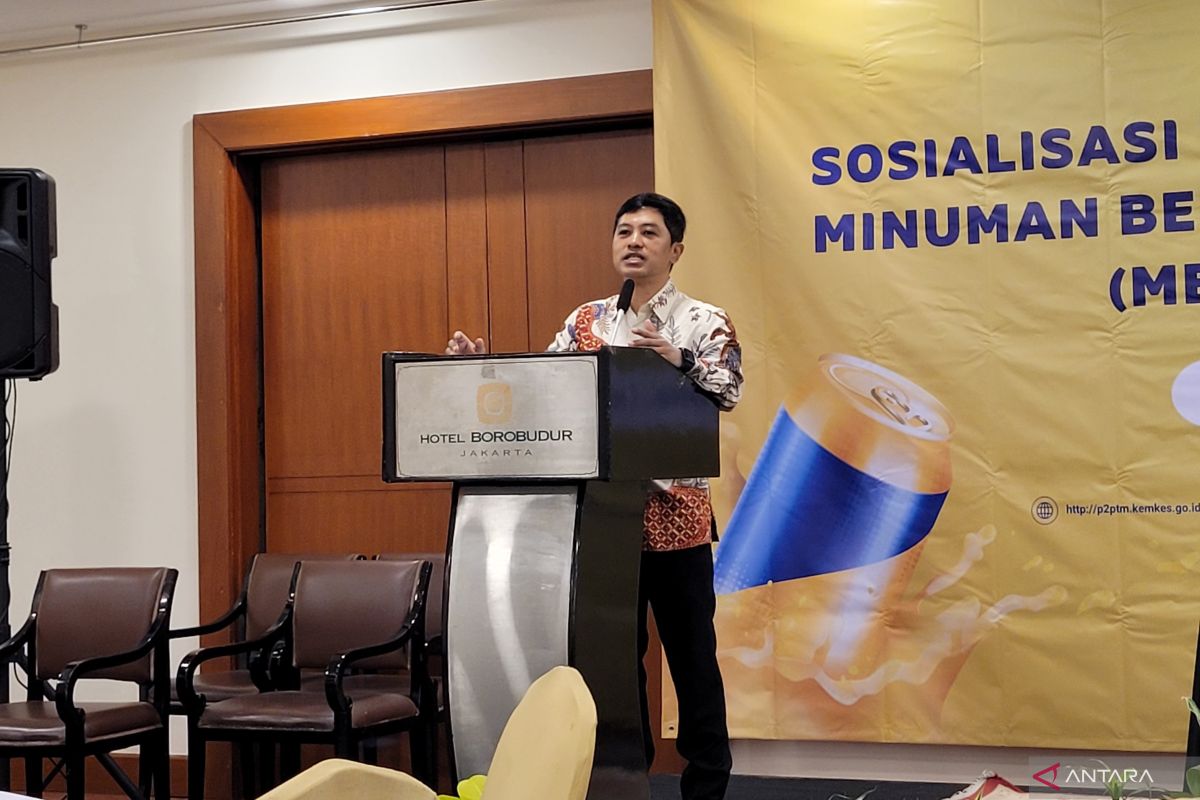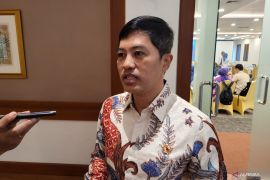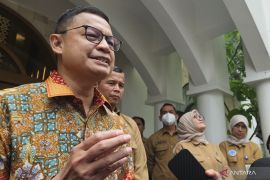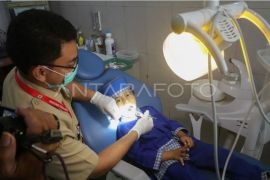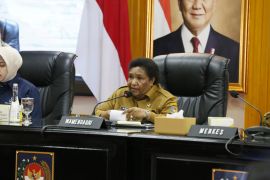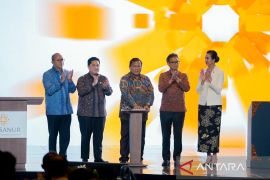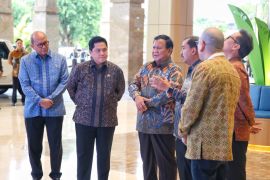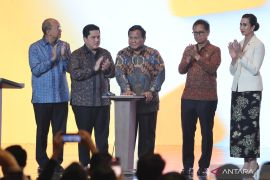"In Singapore, they labeled food and beverages with A, B, C, and D categories, with A being the worst (in sugar content)," he remarked at the dissemination of information on the Urgency of MBDK Excise Imposition in Jakarta on Monday.
If such step were to be taken in Indonesia, Harbuwono believed it would help the public to choose the best foods to buy as is done by Singaporeans.
"In future, we will make those labels as well. The categorization will be determined by salt, sugar, and fat contained in the packaging," he elaborated.
Harbuwono noted that this regulation was quite helpful for Singapore in solving the diabetes problem, wherein research estimates one million diabetes patients by 2030.
"Meanwhile, 10 percent of our population suffers from diabetes. If our population is 280 million people, then that means 28 million of our population has diabetes," he stated.
Related news: Ministry to ratify excise on sweetened drinks regulation this year
Therefore, his side also plans to impose excise on MBDK in 2024. This regulation is currently being disseminated, and it is being coordinated with relevant stakeholders, including the Finance Ministry, regarding the amount of excise that will be applied.
"We will execute this as soon as possible. There are no major obstacles. It will be ratified immediately when it is signed because we have carried out the academic study," Harbuwono remarked.
According to Harbuwono, the imposition of excise on MBDK is one of the government's efforts to reduce the risk of non-communicable diseases, one of which is caused by MBDK consumption.
He then hoped for cooperation between relevant stakeholders to realize this regulation in order to reduce people's sugar consumption, which is one of the causes of diabetes.
Data from the ministry recorded that 28.7 percent of Indonesian people have a pattern of consuming sugar, salt, and fat exceeding the maximum limit.
Related news: Tax on sweetened beverages can cut consumption by 24%: CISDI
Translator: Sean Muhamad, Resinta Sulistiyandari
Editor: Yuni Arisandy Sinaga
Copyright © ANTARA 2024
